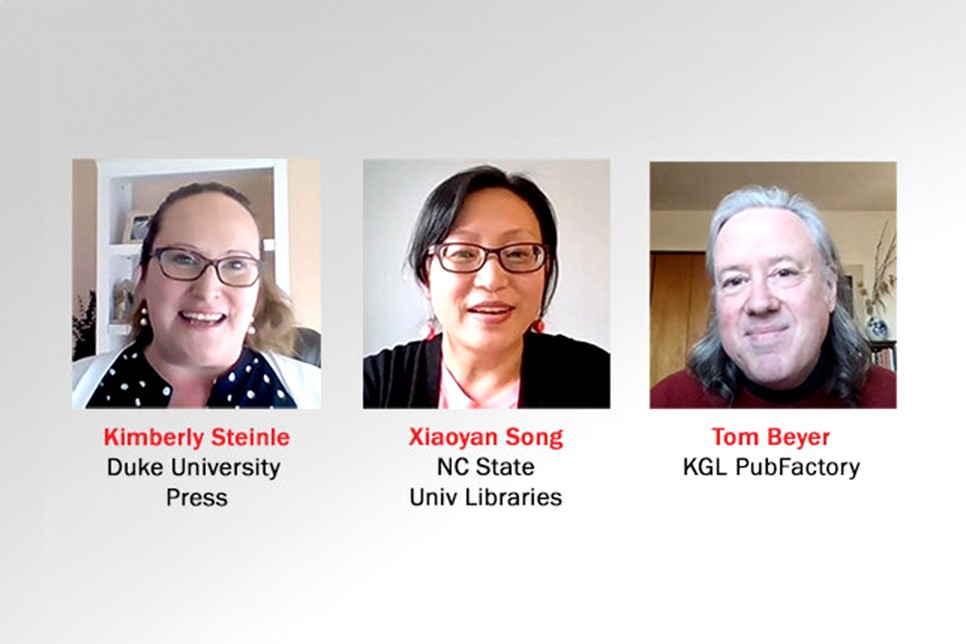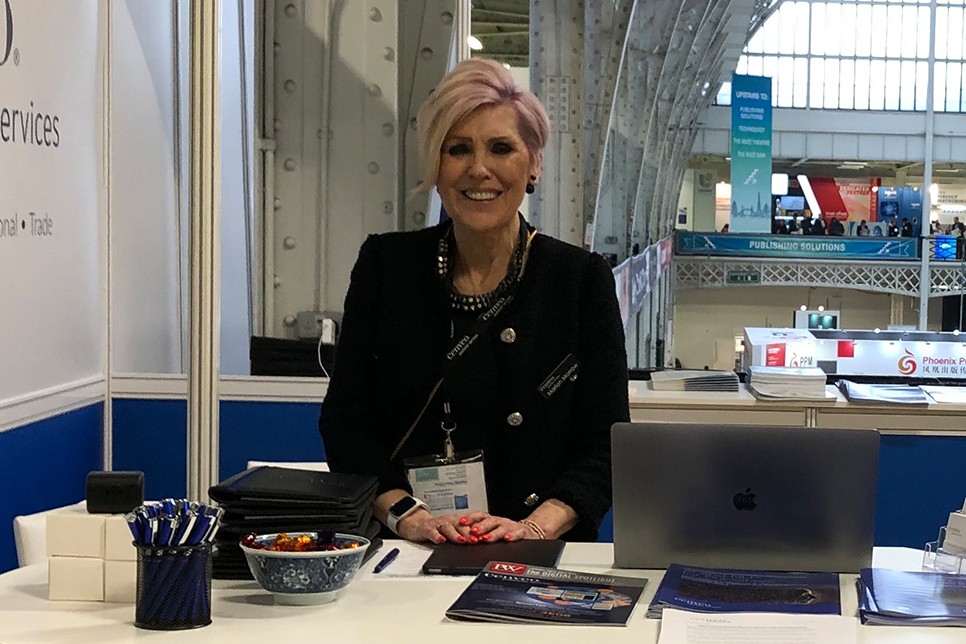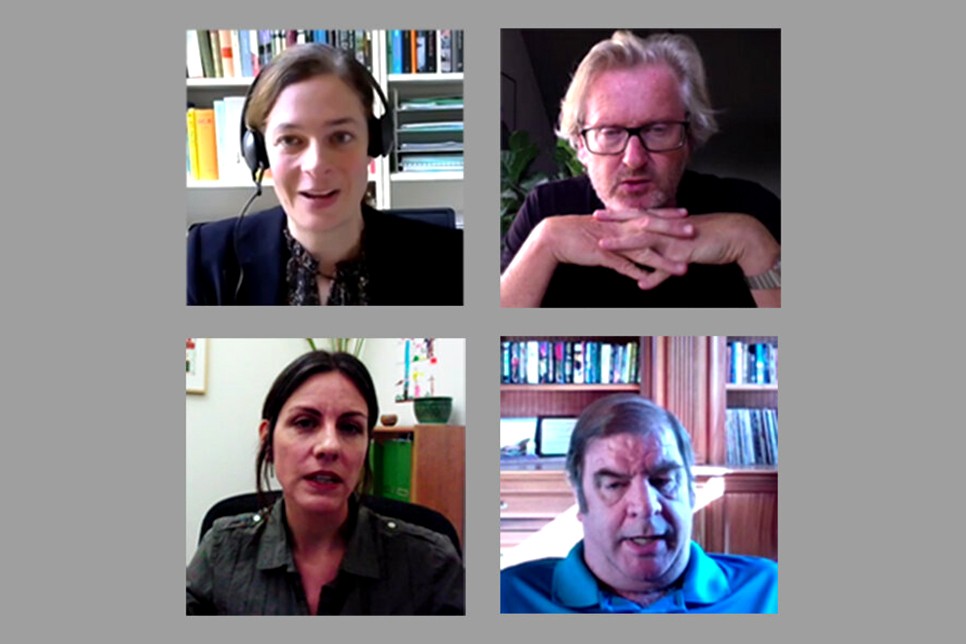
The past year has been eventful—to say the least—in the world of scientific research and academic publishing. Near constant crises, from the global pandemic to revelations about climate change to a turbulent presidential election all touched our daily lives and became the subjects of influential, fast-tracked journal articles.

Two years ago, we (as Cenveo at the time) hosted a panel discussion at the SSP Annual Meeting, which brought the subject of accessibility to the center stage and helped shine a spotlight on the importance of making content accessible to readers with disabilities, such as learning difficulties and visual impairments.

Chances are good that you have visited a journal website that was so easy to use and provided such a seamless readership experience that you bookmarked the website for future visits.

Much has been written in the past year about the phenomenon of fake news and falsified research infiltrating the mainstream and muddying important issues from vaccine effectiveness to voting irregularities to basic trust in science—including advice from the Washington Post just this week.

The publishing platform business is constantly evolving, with home-grown technologies and commercial solutions continuously developing new capabilities to better serve authors and researchers.

Normally at this time of year, we would be meeting and greeting our customers and friends at the London Book Fair. I think it’s fair to say that no one at KGL misses that more than the head of our Sutton, UK office, Marion Morrow. I caught up with Marion virtually in lieu of the pub about being a people-person during the pandemic, her deep experience on both the publisher and provider sides of the business, and how technology-based solutions can help publishers, especially during this time.

Since the beginning of a very disruptive 2020, scholarly publishers have had to contend with uncertainty in institutional markets, sudden demands for rapid dissemination of critical research, and an ongoing existential crisis due to Open Access (OA) mandates.

n the early part of this year, as the COVID-19 pandemic spread rapidly around the globe, the international medical community was attempting to disseminate research as quickly as possible to educate an anxious public on an unknown virus and to advance treatments and ultimately, a vaccine.

Earlier this month at the KGL PubFactory Virtual Series 2020, we hosted Open Access Voices and Variations, a lively session with a diverse group of book and journal publishers.










